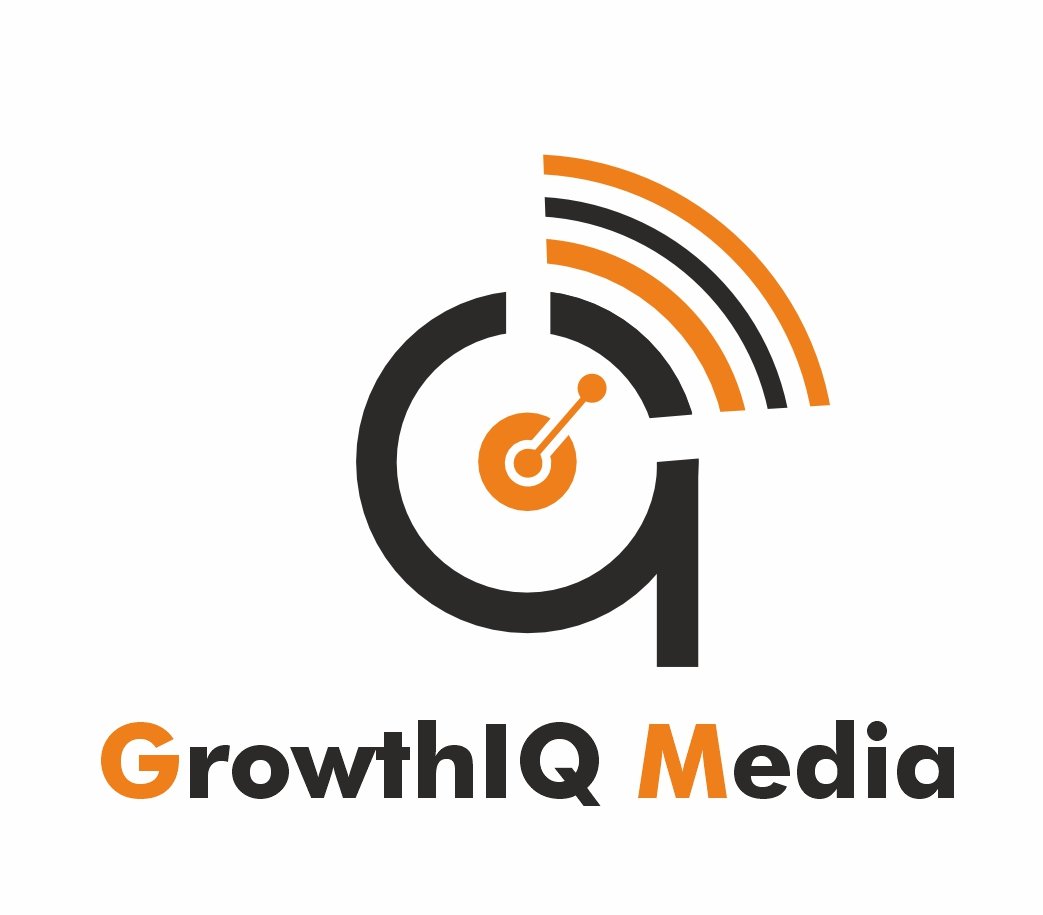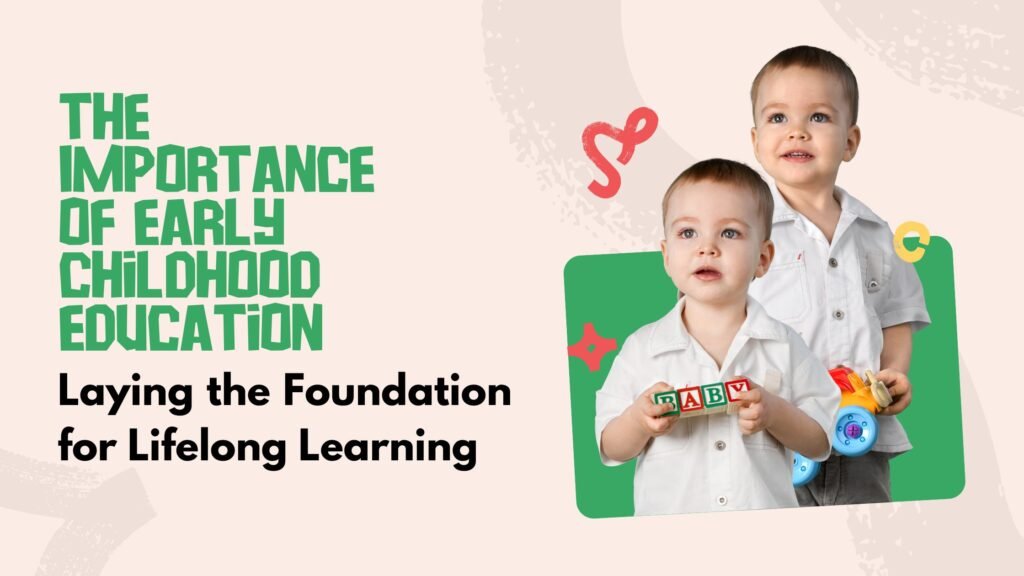Early childhood education is more than just a stepping stone to primary school, it’s where the journey of lifelong learning begins. We can’t build a superstructure on a weak foundation, a strong foundation may include nurturing curiosity in the juvenile mind and giving them the freedom to explore all fields.
Today’s kids are smart how can we make sure they get the foundation they deserve? How do we ensure that every child, regardless of their background, gets the best possible start in life? Let’s dive into why early childhood education is so crucial and how it sets the stage for everything that comes after.
Importance of Early Childhood Education:
Early education doesn’t mean to teach 10th-grade subjects to a 6th-grader. It’s about giving children the correct quality and quantity of education at the right time irrespective of their background.
These are the years when kids are like little sponges, soaking up everything from their environment, interactions, and experiences. Studies have shown that kids who receive good early education are less likely to get involved in crime or need expensive social services later. In other words, investing in early childhood education pays off not just for the individual child, but for society as a whole. At this time kids will be open-minded so it is easy to influence them with best practices and thoughts.
Further, it is also important to introduce them to active learning and give them independent learning time. The goal is to create a safe, engaging environment where kids can explore, ask questions, and start to understand the world around them.
Effective and enjoyable education:
We should be cautious while teaching young minds and we should not overload them with too much content that they get frustrated with learning. We have to be more creative and make this path more playful and enjoyable so that kids won’t be burnt out. These are the fields where childhood education plays a major role,
- Physical Education: Early education isn’t just about mental development, it’s about physical growth too. Activities like running, jumping, drawing, and even playing with playdough help children develop their fine and gross motor skills. These physical activities aren’t just fun, they’re essential for healthy development and can boost a child’s confidence.
- Social connections: Social skills are just as important as academic ones. ECE provides children with opportunities to interact with peers, learn to share, take turns, and navigate conflicts—essential skills for life. These early experiences in a group setting teach kids how to communicate, empathize, and work as part of a team.
- Cognitive Development: Ever watched a toddler figure out how to fit a shape into the right hole or stack blocks until they tumble down? These might seem like simple games, but they’re powerful tools for cognitive development. Early childhood education introduces children to activities that help build memory, problem-solving abilities, and critical thinking.
These skills are the building blocks of learning, and they’re crucial for success in school and beyond.
Challenges faced and Solutions:
Despite all the proven benefits, not every child has access to quality early childhood education. Several challenges need to be addressed:
- Access and Affordability: Quality Education can be expensive, and not all families can afford it. This is particularly true for low-income families who may not have access to subsidized programs. Expanding public preschool options and providing financial support to families can help more children benefit from early education.
- Ensuring Quality: Not all early childhood education programs are created equal. High-quality programs require well-trained teachers, a thoughtful curriculum, and a supportive learning environment. Investing in the training and development of educators is crucial for maintaining the quality of these programs.
- Encouraging Parental Involvement: Parents play a key role in their children’s early education. When parents are engaged and involved, children tend to do better in school. Providing resources and support for parents can help them take an active role in their child’s education. It is the collective responsibility of the Government and other NGOs to spread awareness among the parents about the importance of starting early education.
- Cultural and Linguistic Inclusion: In today’s diverse society, Early Education programs must be inclusive and respectful of all cultural and linguistic backgrounds. Programs that embrace diversity and offer bilingual education can help ensure that all children feel seen and supported. A child should be taught both a professional language like English and their native language.
- Outdated education system: Many education systems across the world have problems like a Lack of real-world education, meaningless homework, rote memorization, overtesting, and lack of active learning. Traditional teaching methods, often fail to equip students with the skills needed for today’s rapidly evolving world. To overcome this shortage parents can consider some trustworthy new-age schools and online platforms.
Final thought:
Early childhood education is about more than just preparing kids for school, it’s about equipping them with the tools they need. Whether it’s teaching them to share, building their confidence, or simply providing a safe space for them to explore and grow, early childhood education lays the groundwork for lifelong learning and success.
But let’s not forget that they’re still kids, and they have plenty of time to grow. “Feed them a healthy meal, not a heavy one.” As a society, we must recognize the importance of these early years and invest in programs that will help every child reach their full potential.





Leave a Reply